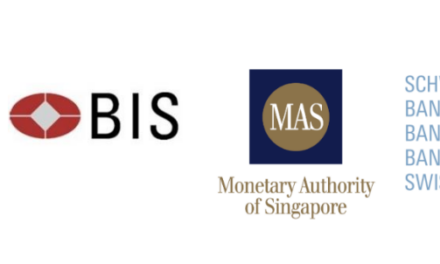Since 2017, Uzbekistan has undergone significant reforms to support entrepreneurship, implementing more than 3,000 regulations aimed at reducing state control and fostering a free business environment. These changes have removed obstacles that previously hindered entrepreneurs, leading to a more dynamic and motivated business sector.

Key reforms include the liberalization of penalties against entrepreneurs, elimination of unjustified interference in business activities, strengthening diplomatic ties, and simplifying export-import procedures. These measures have collectively boosted the business environment, encouraging entrepreneurs to expand without barriers.
One of the notable reforms was the cancellation of all types of unscheduled and counter inspections of business activities, including those related to criminal cases. A moratorium on inspections has been established and remains in effect.
Uzbekistan aims to increase the private sector’s share in GDP to 80% and in exports to 60% by 2027.
Dialogue Between President and Entrepreneurs
A unique aspect of Uzbekistan’s reforms is the annual dialogue between entrepreneurs and the President. This platform allows entrepreneurs to communicate directly with the head of state, addressing their difficulties and obstacles. Through these dialogues, more than 33,000 requests and proposals have been received from entrepreneurs over the past three years, leading to over 150 initiatives aimed at removing barriers and fostering business development.
Reforms from these dialogues have included mitigating pandemic impacts, extending tax and customs benefits, and ensuring the rights of entrepreneurs through judicial procedures. The dialogues have led to significant changes, such as reducing VAT to 12%, introducing a flat tax rate of 4%, and creating the Business Development Bank.
Digitalization for Business Protection
To protect entrepreneurs from unjustified inspections, Uzbekistan has implemented the “Unified State Control” system. This digital monitoring system registers inspections, results, and allows entrepreneurs to file complaints against inspection bodies. Government agencies are prohibited from conducting inspections without registration in this system, ensuring transparency and protecting business rights.
Strategy “Uzbekistan – 2030”
Uzbekistan’s long-term strategy, “Uzbekistan – 2030,” aims to further support the business sector by utilizing local raw materials, developing industry with advanced technologies, and increasing the private sector’s role in the economy. The strategy plans to fully digitalize and simplify the tax system, creating equal opportunities for all entrepreneurs and making the official sector more attractive than illegal activities.
A simplified legislative system will also be created to benefit both the population and business entities, ensuring continued growth and development in Uzbekistan’s business environment.
Source & Photo Credit – Embassy of Republic of Uzbekistan in Singapore
















